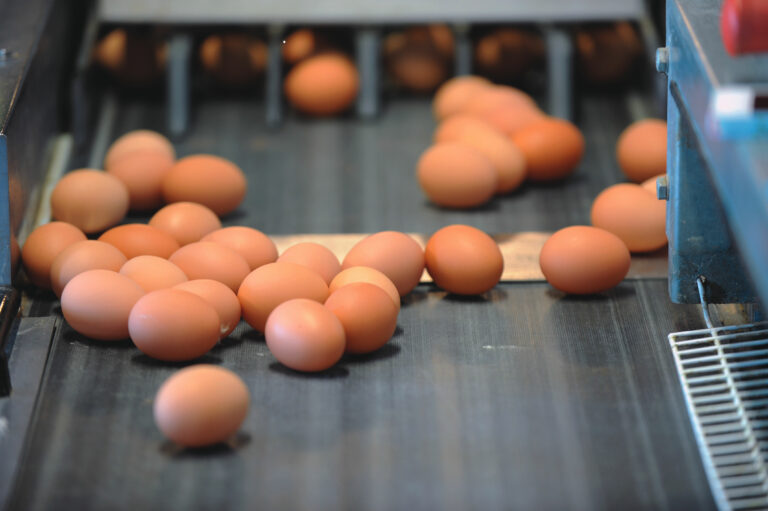Recently, a number of UK supermarket retailers have announced they will stop buying eggs from caged hens at the start of 2025. What does this mean for the egg industry?
Now retailers have made their decision, there’s a certain amount of confusion over the implications. Will there be significant growth in barn egg production, which is currently minimal, to replace caged eggs as the value proposition? Or will free range egg producers benefit as consumers decide to trade up?
In 2016, Aldi was the first to announce it would move away from caged eggs. Shortly afterwards, Asda, Iceland, Lidl, Morrisons and Tesco made similar commitments with the same 2025 deadline. The Co-operative, Marks & Spencer, Sainsbury’s and Waitrose already sell only non-cage shell eggs.
The British Free Range Producers Association (BFREPA) wanted to find out how retailers thought consumers would respond to the changes, and what it would mean for how the egg industry needs to invest in different housing systems in the years to come.
It held meetings with retailers between March and May 2017, asking for buyers’ opinions on various points of concern, and BFREPA has now produced a report looking at the likely implications for the egg industry.
According to BFREPA, enriched cage eggs are currently estimated to account for a weighted average of 35% of sales. Free range (including organic) represents the remaining 65% since at present, barn egg production hardly features.
Free range only?
Some retailers said they intended to offer barn eggs in future for their value lines, replacing caged eggs. Customers who are buying caged eggs as 2025 approaches will most likely switch to barn when these become the cheapest option, retailers told BFREPA.
Expansion of the barn egg market is likely to be popular with some egg producers because of the possibility of conversion to this system from existing enriched cage housing.
‘Overall, the retailers forecast some growth in the market share of free range due to changing buying habits between 2017 and 2025. However, there were some differences of opinion on this point and an acknowledgement that buying habits over this period could be affected by a range of factors, including changes in the general economic outlook of the country,’ the report states.
It is also possible certain retailers might move to free-range only in 2025. BPREPA’s report says ‘not all have completely dismissed the idea’.
Pricing
At present, the expectation is that barn eggs may be pitched at a price that is between 5p and 8p per dozen above enriched cage and around 20p per dozen below free range. ‘A view was expressed that some retailers may seek to maintain the same price differential between barn and free range eggs in future as there is at present between enriched cage and free range ie. around 25-30p per dozen. If this were to be the case, it would mean an increase in the price of free range eggs, compared to current levels.
Implications for production
BFREPA’s report looks at how producers should prepare for the changes in the market. Given that demand for free range continues to grow, if the market share for free range eggs increases by 5% between 2017 and 2025, an additional 1.2 million cases of free range eggs will be required each year. This increases to an extra 1.8 million cases and an extra 2.5 million cases if increases of 10% or 15% occur.
‘For the additional barn egg production systems required, total capital costs are expected to be between £60 million and £89 million if this is all in the form of conversions from enriched cages,’ the report states. ‘This would increase to between £80 million and £118 million if there are equal quantities of conversions and new-build facilities.’
Management of egg supplies in the run-up to 2025 has been identified as a potentially difficult issue by more than one retailer.
Assuming that the switch in value eggs is entirely or mainly to barn egg production, there will need to be a build-up of barn egg supplies prior to 2025.
The relative pricing of enriched and barn eggs prior to 2025 (or when eggs from enriched cages are finally phased out) could be an important discussion point between the retailer, the packer and the producer. Alternatively, cage eggs could be replaced by barn on a store-by-store basis.


